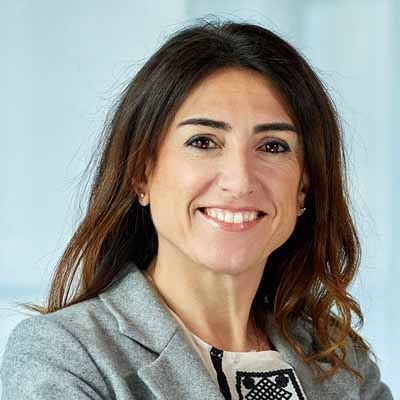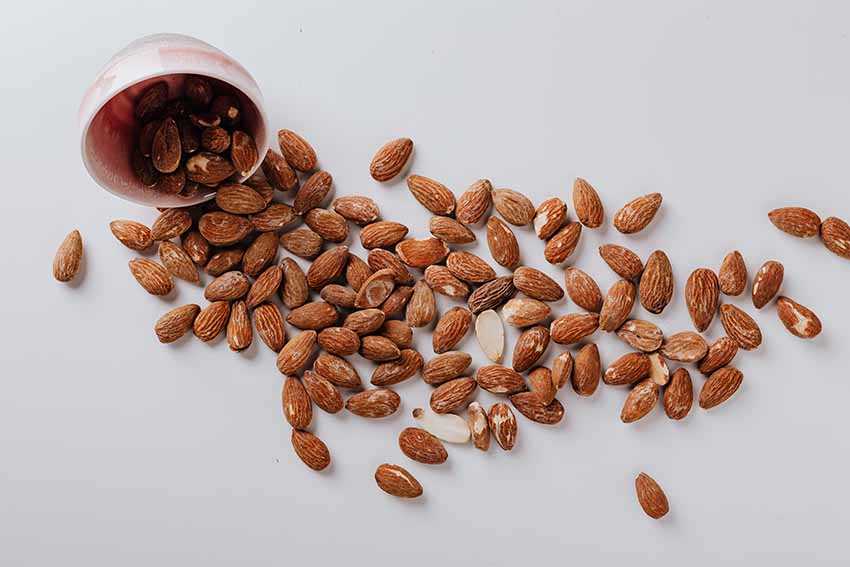CoDiet
Integrated surveillance system to prevent and reduce diet-related non communicable diseases

Our current understanding of the relationship between diet and the development of non-communicable disease (NCD) is limited by a number of factors. These include a lack of understanding of dietary mechanisms that drive NCD, inaccurate tools to collect dietary information, nascent understanding of the role of personalised nutrition, lack of data in vulnerable groups where NCDs are often over-represented.
Objective
The overarching aim of CoDiet is to develop a series of tools which will address the current gaps in our knowledge and lead to the development of a tool that will assess dietary induced non-communicable disease risk.
Specific objectives
We will achieve this though the six objectives which will answer the challenges of the work programme:
- Development of AI driven literature searching tools – bring clear understanding of large global literature in the field of physiologica and metabolic links between diet and NCD.
- Enhance the understanding of NCD risk factors – we will bring a series of beyond the state of the technics to gain mechanisti insight.
- Understanding of the importance individual variation in response to diet to risk of NCD – this will give insight into targeting of dietary NCD advice.
- Develop an enhanced method of dietary assessment using machine learning technologies-solving a fundamental problem in nutrition of lack of a accurate dietary tool.
- Develop an enhance diet –NCD monitoring tool – enabling change in NCD in response to diet to me monitored at population level.
- Develop a dynamic interface between diet and NCD risk factor monitoring and policy – Ensuring CoDiet is applicable at a population level.
The investigation of these objectives and the answers they provide will open a pathway to enhancing the uptake of NCD protective diet at a population level.
| Partners |
AZTI, SCIENTIFIC AND TECHNOLOGICAL CENTRE (ES), IMPERIAL COLLEGE LONDON (UK), CESKE VYSOKE UCENI TECHNICKE V PRAZE (CZ), TEAGASC – AGRICULTURE AND FOOD DEVELOPMENT AUTHORITY (IE), ARISTOTLE UNIVERSITY OF THESSALONIKI (GR), TECHNION – ISRAEL INSTITUTE OF TECHNOLOGY (IL), ASOCIACION CENTRO DE INVESTIGACION COOPERATIVA EN BIOCIENCIAS (ES), UNIVERSITAT DE VALENCIA (ES), ETHNIKO KAI KAPODISTRIAKO PANEPISTIMIO ATHINON, (GR), BRUKER BIOSPIN GMBH (DE), MICROCAYA (ES), SCIENSANO (ES), UNIVERSITY OF LEICESTER (UK), UNIVERSITA DEGLI STUDI DI TRENTO (IT), CONSORCIO CENTRO DE INVESTIGACION BIOMEDICA EN RED (ES), ISTITUTO SUPERIORE DI SANITA ROMA (IT), TERVISE ARENGU INSTITUUT TALLINN (EE) |
| Duration |
2023 – 2026 |
| Funding |
Horizon Europe |









